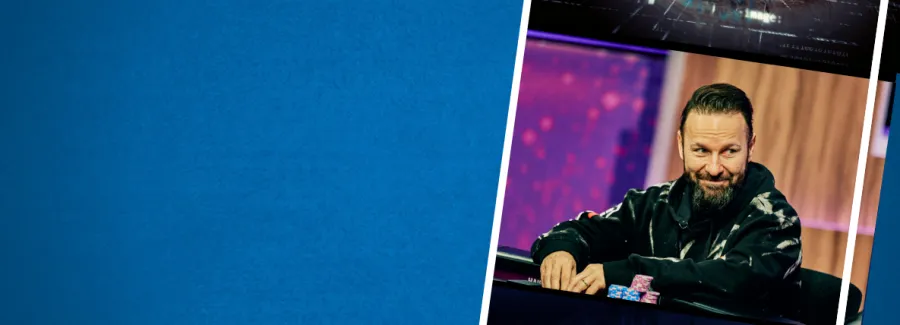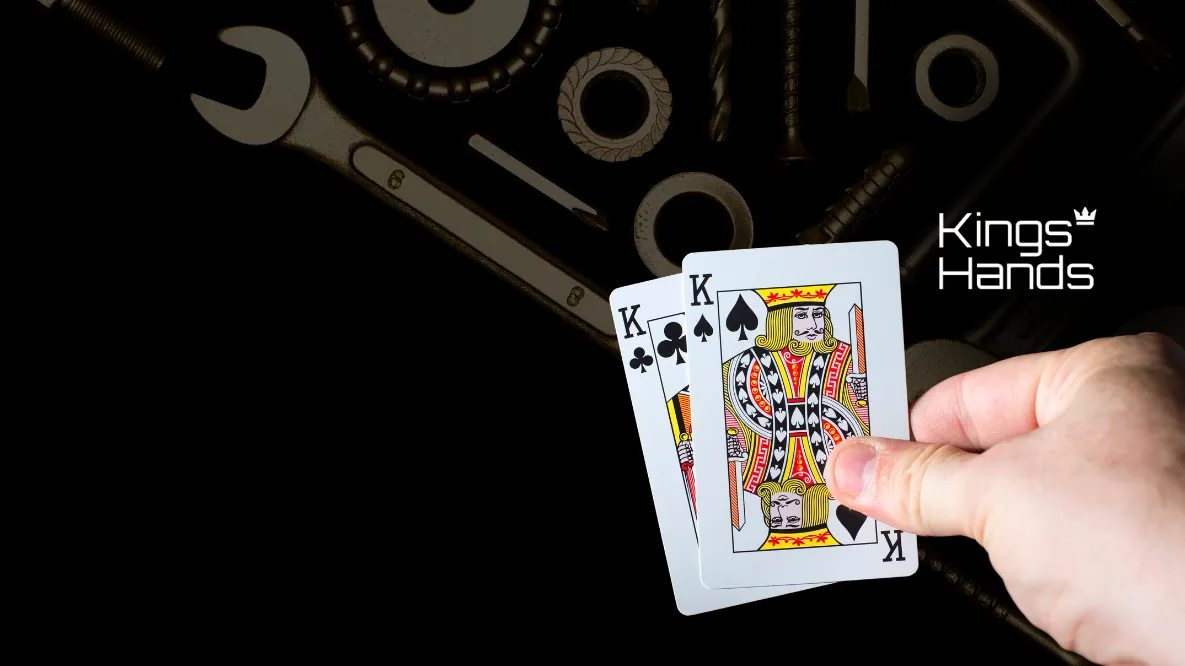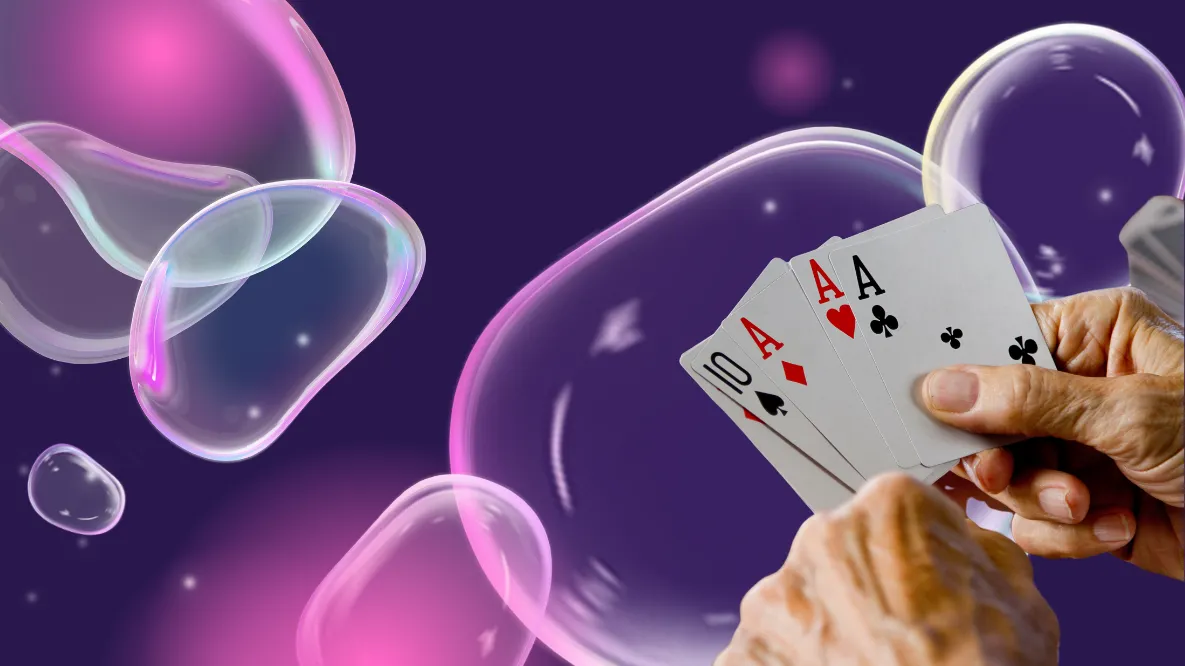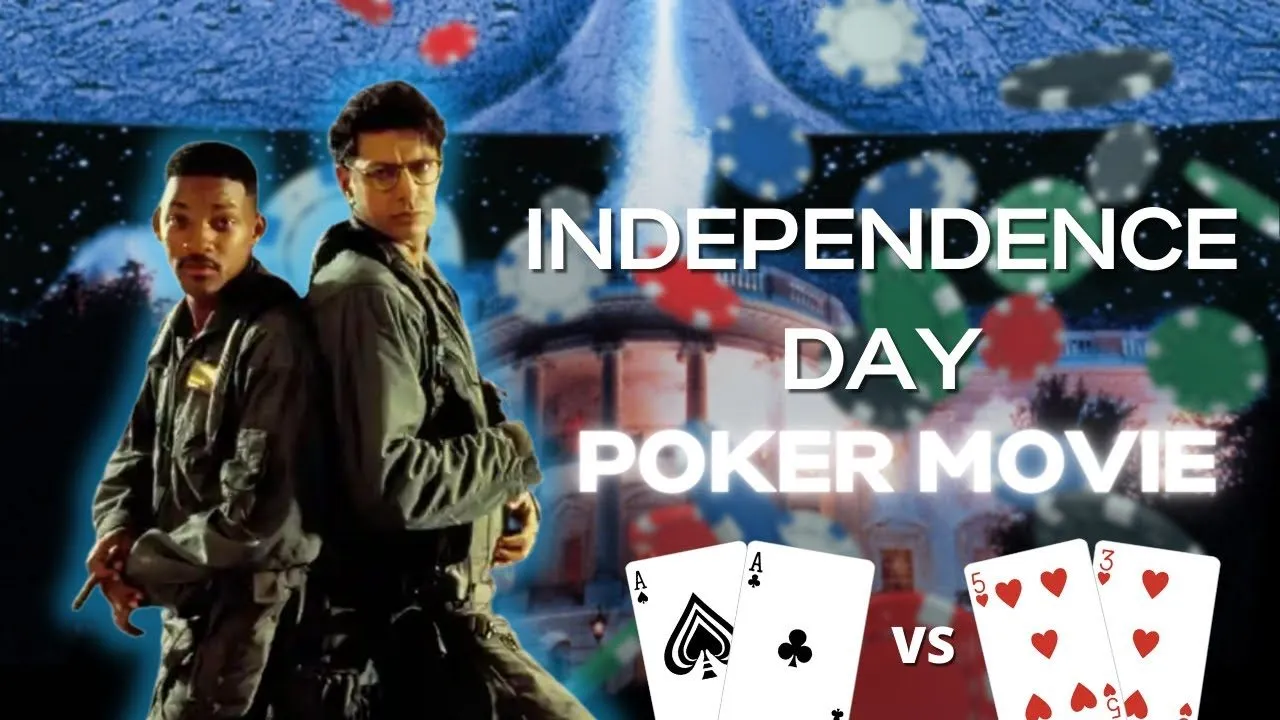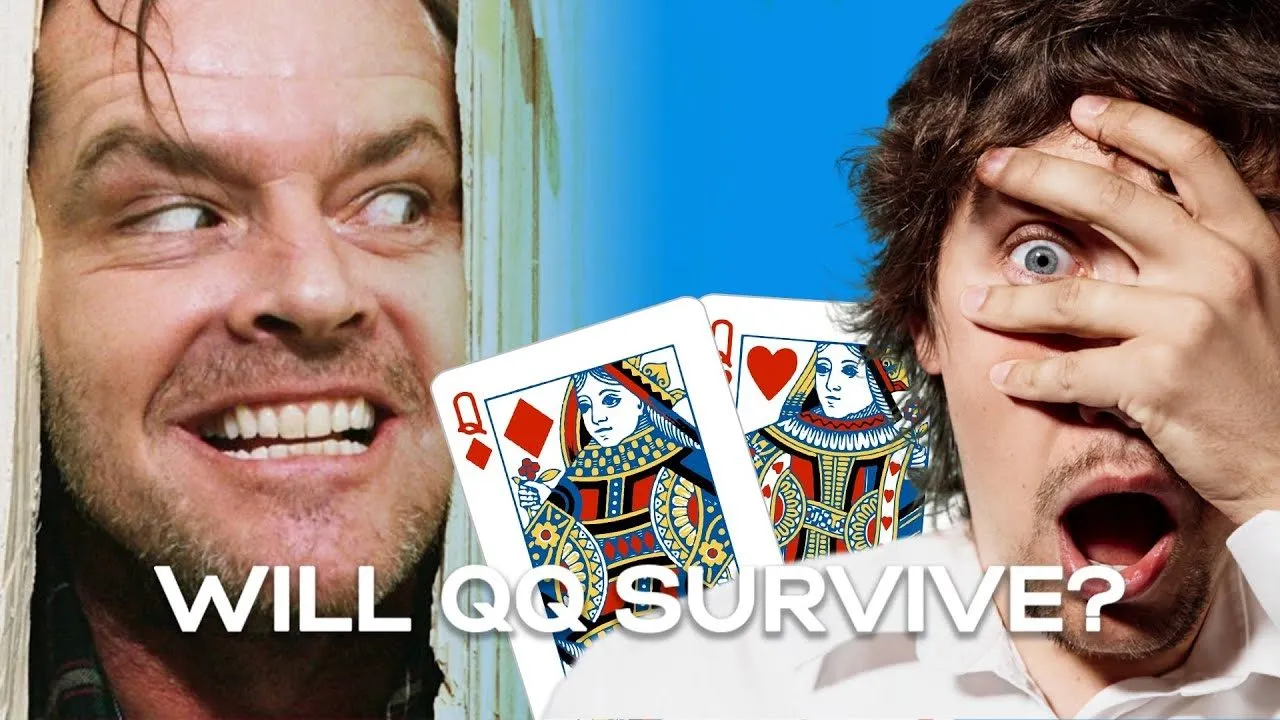There’s a lot you can tell about someone by their eyes. Often it only takes one look into someone’s eyes to tell you what kind of person they are; such is their transparency – there’s a reason why they’re called the window to the soul. That’s useful to us as poker players, because if we can see into someone’s soul, then surely we can use that information to find out what they have.
While it’s not as simple as that, people give away a lot with their eyes, even if they don’t realise they’re doing it. In this piece, we’ll be looking at the most common poker tells that you can spot by looking at your opponent’s eyes and how to counter them.
Intense Eye Contact
In the first part of our poker tells series, we covered that if a player is trying to look strong, it often means they’re weak, and if they’re trying to look weak, it often means they’re strong. Making intense eye contact with your opponent after betting is one of the biggest signallers of strength you can come across. It’s saying, “You can look at me all you want. I’m confident in my bet. I’m not scared of you.” But is that really how they feel?
Well, that depends. To know whether this is a “show” of strength or actual strength, you need to consider your opponent’s past behaviours. Do they often stare at their opponents after making a bet? When they do, have they shown down good hands or bluffs? All of this is key information, as you’re trying to find a pattern in your opponent’s play.
Some people are more relaxed when they have a strong hand and are more likely to make eye contact, whereas others make intense eye contact to psych out their opponent. You can often tell which is which based on the other body language they give off. The more tense and fixated their eye contact, the more likely it is that it’s forced, and the more likely it is that they’re weak.
How Do I Counter It?
If you think that someone is deliberately making eye contact in an attempt to look strong, then you can assume that their range is likely weaker than average. You can counter this by calling a slightly wider range and being more aggressive against their bets. The more certain you are in your read, the wider you can make your calling range and the more aggressively you can play back at them.
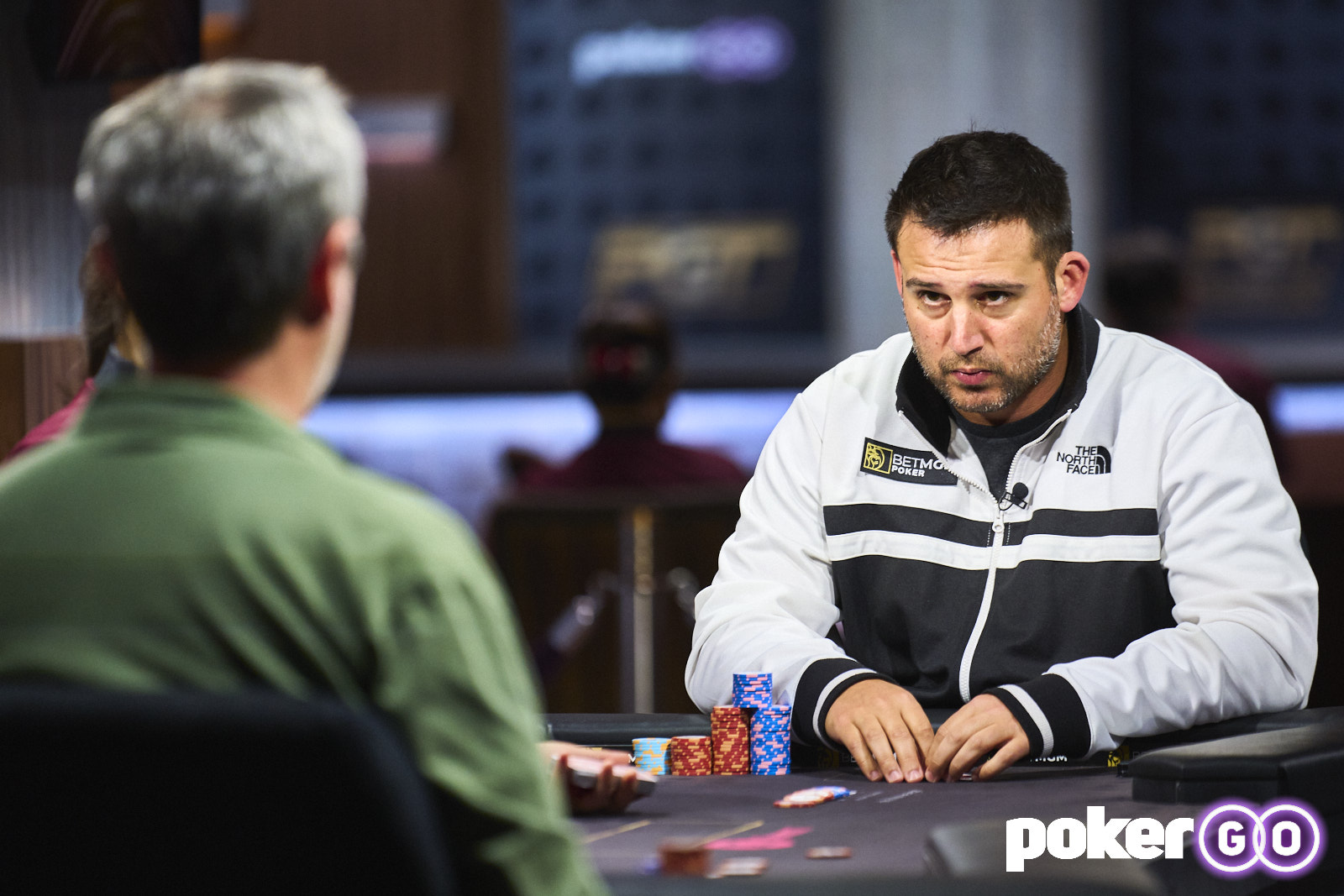
Quickly Looking Away After Eye Contact
You may think that if intense eye contact is a deliberate attempt to look strong, then a failure to hold eye contact must be the opposite, right? Well, you’re partly right, but it’s not quite so simple. It’s a lot harder to fake looking away right as someone sees you than it is to fake strength by holding eye contact. If you’ve ever tried to surreptitiously look at someone, only for them to notice you, you’ll know the rush of adrenaline that you get as you snap your head back in the opposite direction.
This means that it’s more likely to be an actual display of weakness, as they want to look over and gauge what your decision will be, but they don’t want to let you get a good look at them. If you spot someone doing this at the table after they’ve made a bet, it’s a clear sign that they’re uncomfortable with the hand, which likely means they have a weaker range.
How Do I Counter It?
As this isn’t a feigned display of weakness, we can assume that anyone who has done this at the table likely has a weaker-than-average range. To counter it, we can widen our calling range and play more aggressively with our drawing hands, as we believe they’re more likely to fold. Just be sure that they actually do look weak before widening your calling range too much.
Remember, only make small adjustments until you have confirmed the reliability of the tell.
Staring at the Board, Then Quickly Looking Away
You have to be paying close attention to your opponent to spot this tell, but it’s a good one if you can notice it. Most players tend to stare at the board as the next card is about to be dealt. It’s understandable, as they want to get the information as soon as possible so they can start formulating their plans for the next betting street. However, when they do that, they may unwittingly give off a reaction to the card(s) that betrays their true feelings.
One of the biggest reactions someone can give is to instantly look away from the board as soon as a card is dealt. Looking away from the hand is supposed to signal that they’re not interested in what’s going on, but in this case, it means the opposite. They’ve seen the card they need to make their hand, so they quickly look away to avoid fixating on it, but in doing so, they let us know that they’ve liked what they’ve seen.
For casual players, an even stronger tell may be when your opponent acts so disinterested in the board after seeing the community cards that they look around the room, stretch back in their seats, start chatting to other players, or display any form of total nonchalance to the cards. Be very cautious of these fake displays of indifference.
Knowing exactly how quickly someone needs to react to a card is an inexact science, which is why it’s important to constantly watch your opponents during hands instead of scrolling through Twitter or Tik Tok. There’s no exact number of milliseconds that count as looking away instantly, but if you play with someone long enough, you can tell when they look away quicker than usual.
How Do I Counter It?
Most players will look down at the flop when it’s dealt. However, you won’t get a read on your opponent from looking down at the cards. Be sure to watch your opponents closely when cards are dealt to pick up on whether they instantly look away, or keep their eyes on the community cards. This will help inform your decision.
How you counter this tell is dependent entirely on the card that comes and the strength of your hand. If your opponent has improved to a better hand than yours, you’ll want to play as cautiously as possible, but if they’ve improved to a hand that’s worse than yours, you can play aggressively to try and get maximum value.
Cards that complete straight draws and flush draws are obvious cards to look out for, as are high cards on low boards, as it may mean that your opponent has made top pair. The same goes for lower cards on mid-high boards, as they could have made a set with a small pair. Our advice is always to act cautiously until you’re sure this is a solid read, so only make small adjustments either way, depending on the strength of your hand relative to your opponent’s new perceived range.
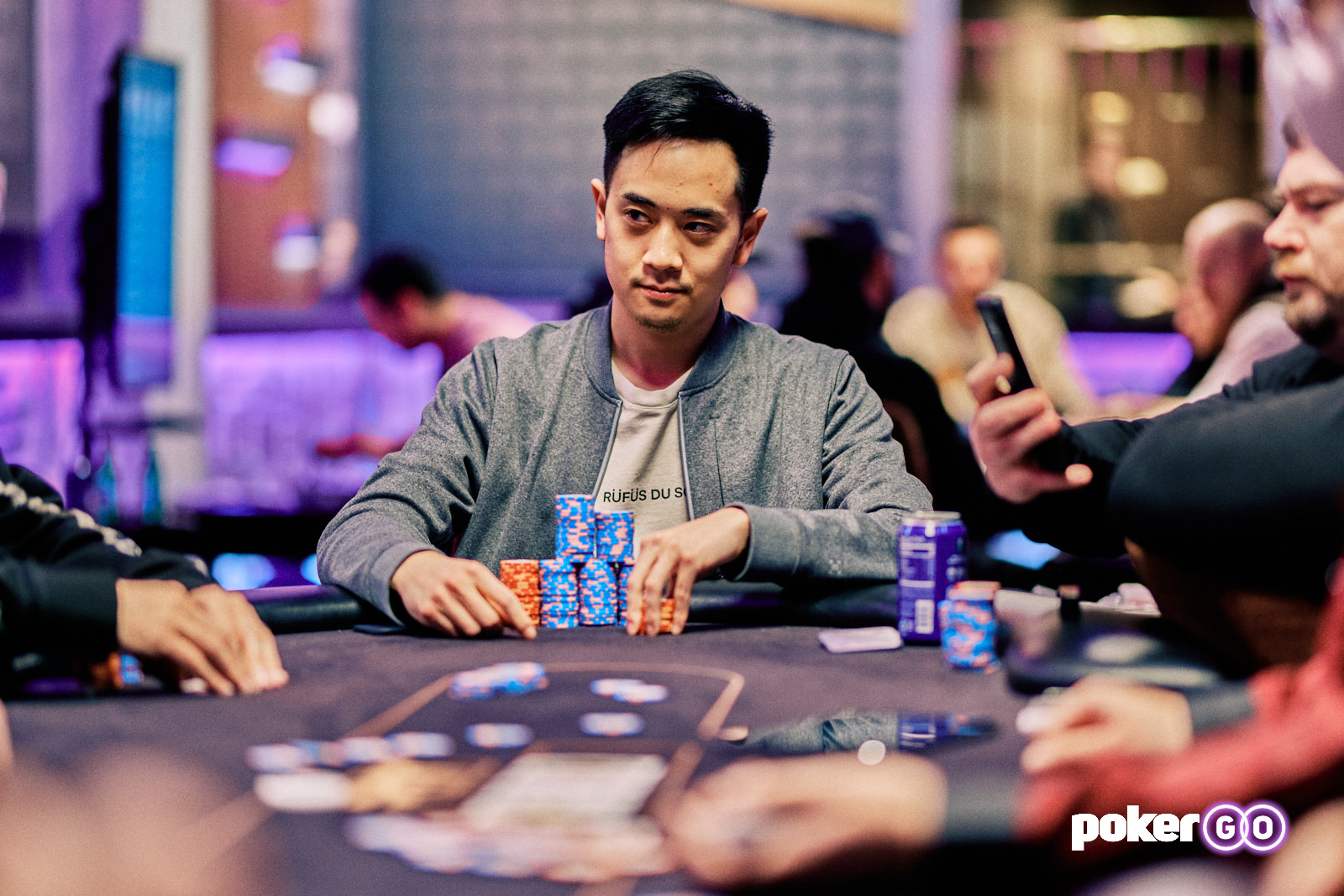
Pupil Dilation
This one is close to impossible if your opponent is wearing sunglasses and will take a lot of practice even if they aren’t, but it’s one of the most reliable tells you’ll come across. It’s based on the fact that people’s pupils dilate when they see something they like. It happens when you’ve been given a slice of your favourite chocolate cake, when you see a friend or a loved one, or when you make your flush on the river.
It’s one of the many reasons why I advocate not staring at the board when the cards are being dealt; you won’t be able to control these reactions when you do, which gives your opponents the chance to spot a tell. However, luckily for us, lots of people decide that staring at the card that’s about to come is a good idea, which gives us a chance to spot it instead.
This tell is impossible to fake, so you won’t have to worry about someone double bluffing you – if their pupils dilate, they’re very happy with the card that’s just come.
How Do I Counter It?
If you manage to spot this tell in the wild, it’s almost certain that your opponent has a super strong hand. Unless you have the nuts or close to it, you should play very cautiously and pray for a cheap showdown.
Chip Staring
Another reaction amateur players often make when seeing a card they like is to stare directly at their chips to figure out how much they want to bet. It’s a real sign of strength, as it shows that their first thought after seeing the next card is, “How much more money can I get into the pot?”
When players bluff, they often take time to consider things like whether or not they have the right hand to bluff with, whether it’s a good spot to bluff, and whether their opponent will fold. If they have a value hand, there’s less to consider; as you know you want to bet, the question is only “How much?”
This tell can be faked by experienced players, so it’s best to only use it against amateurs who likely won’t realise what they’re doing. Again, be sure to watch your opponents when they first look at their cards. Less experienced players who know this tell are still more than likely to glance down at their chips before their brain has told them not to. This act of strength is a little harder to fake.
How Do I Counter It?
If you’ve spotted an amateur player with this tell, the best course of action is to proceed cautiously. Fold more often against their bets, and play more passively against their checks to try and get a cheap showdown.
As this tell is well known and can easily be faked, you should be far less inclined to alter your strategy if you see a strong player perform this tell.
Summary
There’s a reason why a lot of professionals tend to wear sunglasses at the table; it’s because you pick up a lot of tells from your opponents if you know where to look. It’s hard to fake eye reactions, which makes them one of the most reliable forms of tells you can find. Once you train yourself to look for these subtle tells and cross-reference them against your opponent’s previous behaviour, you’ll find yourself making a lot more correct decisions at the table.
Join us in Part Three of this Poker Tells series, where we’ll be looking at the nose and mouth. Make sure you join our by join our PokerDeals Facebook group or follow us on Instagram to be notified of the next article in the series.
*Images courtesy of PokerGo
